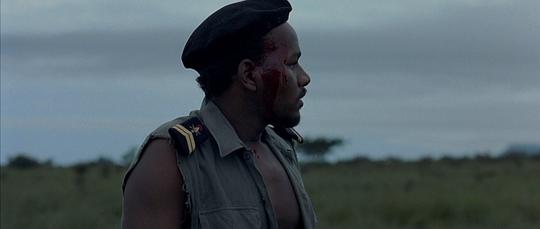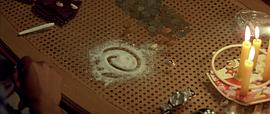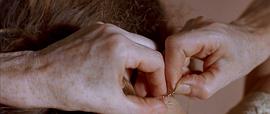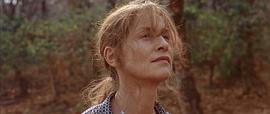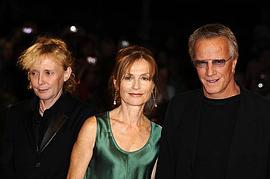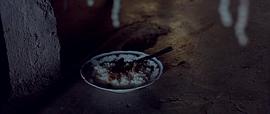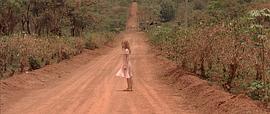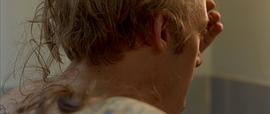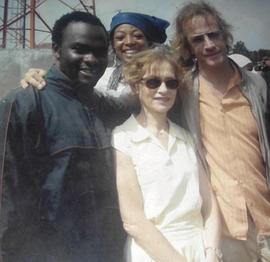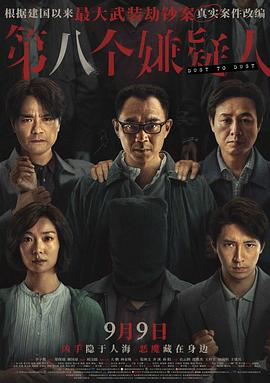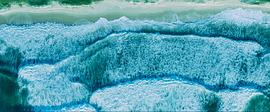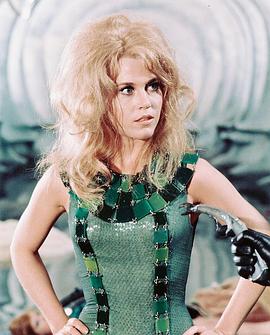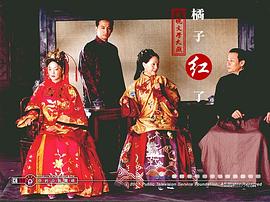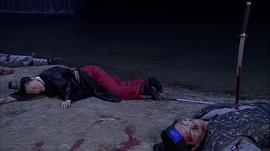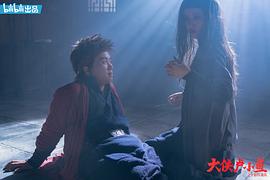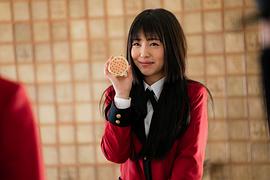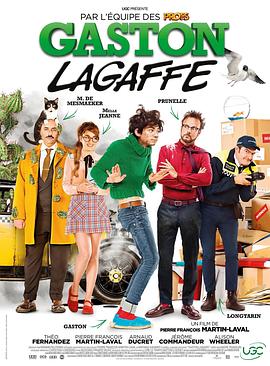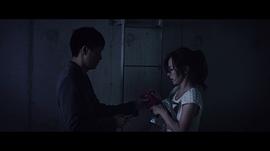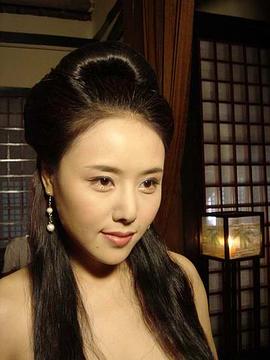The first question is, “Why did she stay?”, followed by, “How would she stay?” It’s perhaps easier to analyze by exclusions: Jean-Marie did NOT stay for political reasons; nor for profit; nor for love of the land or culture (as Dinesen professed to be). In fact, Marie didn’t seem to be capable of sentimentalism, let alone living and dying for it.
Clues? “Your father said happiness is not enough for me.”
“I am a good fighter, too. How could I show courage in France? It would be absurd; no rhyme or reason. I’d slacken off, get too comfortable.”
These are not the finest examples of eloquence by any measure. But one can hardly articulate better, such being the revelation of the private psycology of colonialism.
Dream can be built in one's mind freely, also can be spreaded and hung on with one's spirit. But when the dream against the fact that cannot change, we should give up and hold the precious life, 'cause when everything is set up by humanity, you can recover your dream by your living, or you have to pay the suffering because of your stubbornness
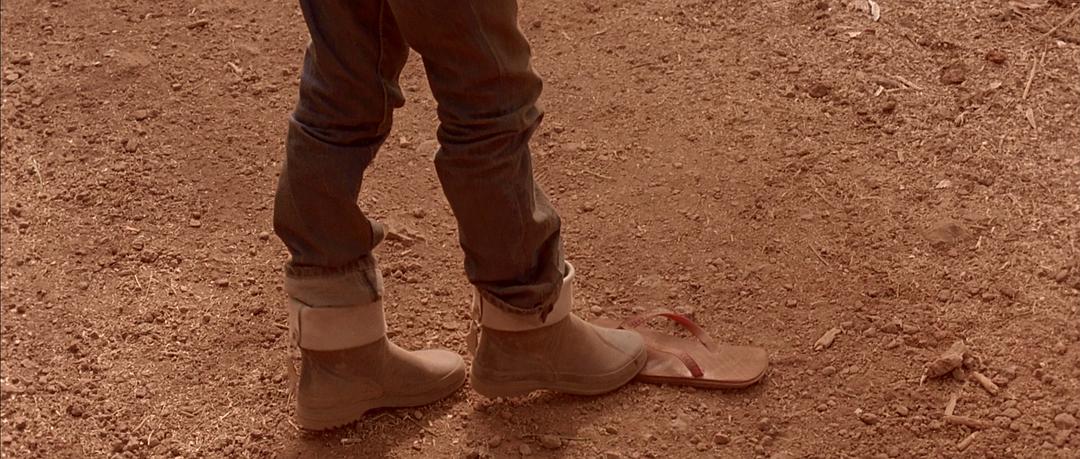
电影没有明示时代背景,但在《白色物质》里,跨过这块殖民地上的各种无法解决的历史冲突,显明的是生活里另一个密实存在,秘密实在而又很难公开遭遇的存在。更多是通过Marie N'Diaye的镜头——也许过分地带有呼吸感了,我以为对准的是那些历史之外的事物:它依附在那块土地上每一个表面,大气,植物作物,水以及对它们直截的接触。
玛利亚是在一个资本主义上升期确立信念的人物,她的父亲像是一个关键,给予她种植园甚至她存在的一切——如果这么说不算太严重的话。但在历史,传续中的种植园是它跌宕行进的一个小小平台,翻云覆雨手下没有什么是恒久的。玛利亚认可种植园——那种令人感动的劳作-收获的天经地义——其实是不认可历史跌宕。所以她的儿子受辱以后要去摆脱白色物质去加入未来;玛利亚在困境中和儿子一样加入了历史,可加入的是过去。她用大棒敲毙父亲——不管是为了自己信念的坍塌还是为了被父亲“谋杀”的孱头丈夫。在这里,历史或很有疑问了。
可能不同于小说

白色物质:2009,三星半,可惜了一个好故事
转载请注明网址: //m.keyitservice.com/dy/id-55583.html



